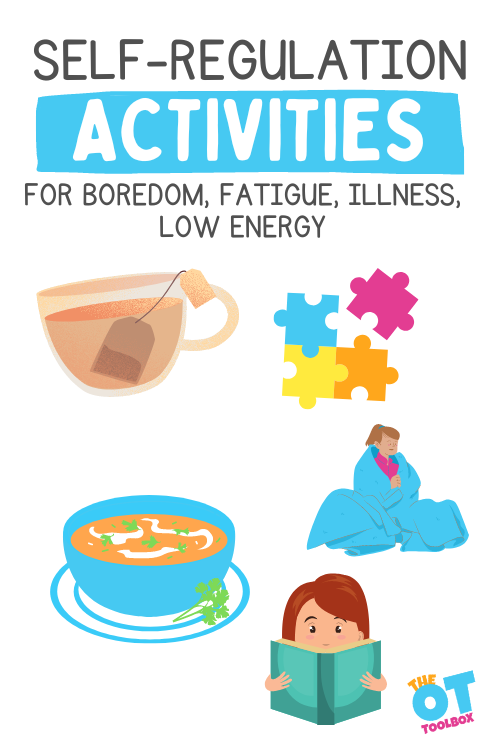Children often have difficulty controlling their emotions and impulses, which can lead to challenges in social situations and academic settings. Teaching kids self-regulation skills is essential in helping them manage their emotions and behaviors effectively. By engaging in various self-regulation activities, children can learn to control their impulses, manage stress, and improve their overall well-being.
One effective self-regulation activity for kids is deep breathing exercises. Teaching children how to take deep breaths can help calm their minds and bodies when they are feeling overwhelmed or anxious. Encouraging kids to practice deep breathing regularly can help them develop a coping mechanism for dealing with stressful situations.
Another beneficial self-regulation activity for kids is mindfulness meditation. By teaching children to focus on the present moment and observe their thoughts and feelings without judgment, they can learn to regulate their emotions and improve their concentration. Mindfulness meditation can help kids develop self-awareness and emotional resilience.
Engaging in physical activities such as yoga or dance can also help children regulate their emotions and energy levels. By encouraging kids to move their bodies and release pent-up energy, they can improve their mood and focus. Physical activities can also help kids develop self-discipline and improve their ability to self-regulate.
Creating a calming sensory corner in the home or classroom can provide children with a safe space to regulate their emotions. This sensory corner can include items such as fidget toys, stress balls, or calming music to help children relax and refocus. Having a designated area for self-regulation activities can help kids develop a routine for managing their emotions.
Practicing gratitude exercises can also help children develop self-regulation skills. Encouraging kids to reflect on things they are thankful for can shift their focus from negative emotions to positive ones. By fostering a sense of gratitude, children can learn to regulate their emotions and develop a more positive outlook on life.
In conclusion, teaching children self-regulation skills is crucial in helping them manage their emotions and behavior effectively. By engaging in various self-regulation activities such as deep breathing, mindfulness meditation, physical activities, creating a sensory corner, and practicing gratitude exercises, kids can develop the skills they need to regulate their emotions and improve their overall well-being.
